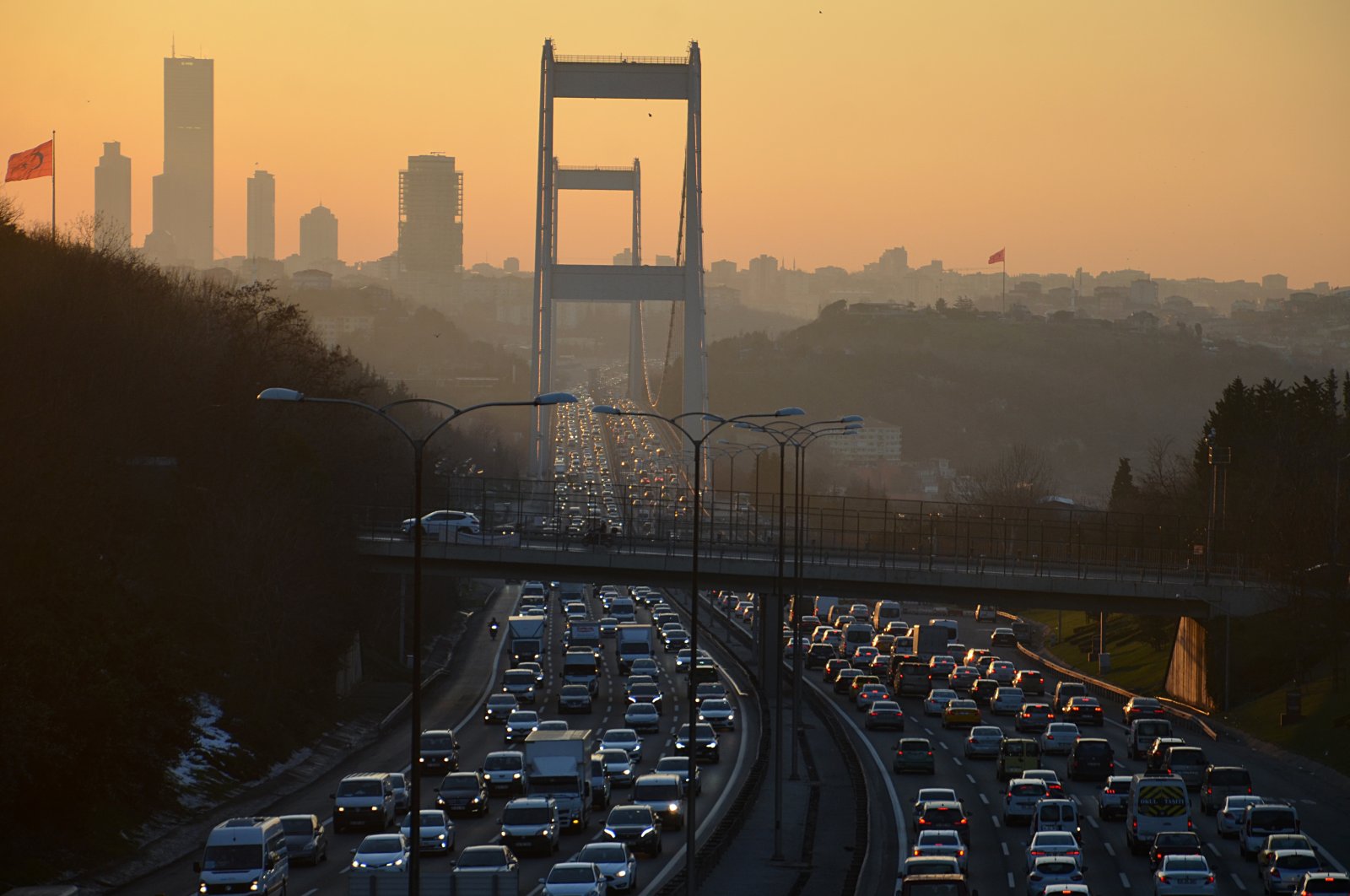Will Turkey’s multibillion-dollar earthquake fund help reelect Erdogan?
Turkey will soon set up a multibillion-dollar fund to rebuild vast areas ravaged by two massive earthquakes last month as President Recep Tayyip Erdogan seeks to atone for his government’s much-criticized response to the disaster, with crucial elections just two months away.
A bill to set up a disaster reconstruction fund made it through the parliament’s planning and budget commission on Thursday and is expected to be passed by the general assembly within days.
Erdogan pledges to rebuild the quake-hit regions within a year, hoping the ambitious plan will boost his popular support and help him win a third presidential term in the May 14 vote. His poll numbers were already sagging amid economic turmoil when the temblors struck on Feb. 6, killing more than 46,000 people and causing massive destruction across 11 provinces, where he and his party have enjoyed a strong base. The opposition, mounting its strongest challenge yet to Erdogan’s two-decade rule, charges that the government bears responsibility for the huge human and material toll because of a slow and disorganized response to the quakes and poor enforcement of building codes over the years due to corruption and clientelism.
The damage is expected to exceed $100 billion, a UN official said last week, adding that the recovery costs “will be on top of that.” The World Bank had previously estimated the damage at $34.2 billion, saying that the total reconstruction and recovery costs could be twice as high.
Nearly 1.5 million people are currently sheltered in tents and container homes in the disaster zone, official figures show, while more than 2 million are estimated to have migrated to other regions. Out of about 1.6 million structures examined by the authorities so far, some 215,000 buildings have been classified as destroyed, heavily damaged or requiring urgent demolition. According to estimates, 600,000 housing units and 150,000 business units have to be rebuilt, in addition to infrastructure and public facilities such as schools and hospitals.
The planned fund, which will be headed by the treasury and finance minister but operate outside the central government budget, will be used to finance reconstruction work in the disaster zone, according to the draft law. All domestic and foreign donations, grants and a yet-undetermined allocation from the budget would be channeled to the fund, along with prospective transfers from other funds. The management of the fund would be allowed to raise more capital through domestic and external borrowing.
The European Union is scheduled to hold a donors’ conference next week to help recovery efforts in Turkey and Syria, which was also affected by the quakes.
The draft law has come under criticism for failing to institute proper oversight and transparency measures on how the government would spend the resources. Critics also say the fund is devoid of any objectives to enhance disaster preparedness in other quake-prone areas, and focuses solely on post-disaster reconstruction, reinforcing suspicions that it is designed as a short-term facility with an eye on the elections.
Two-thirds of Turkey’s territory is crisscrossed by seismic fault lines, including Istanbul, the country’s most populous city and economic hub, which scientists warn is at risk of a powerful earthquake in the near future.
The government’s past record is also fueling the skepticism.
Since 2000, Turkish citizens have been paying a Special Communication Tax on phone and internet services. The tax was introduced after two devastating earthquakes in northwestern Turkey in 1999. The revenues from the levy — known colloquially as “the earthquake tax” — were supposed to be used for recovery costs and long-term damage prevention, but Erdogan’s government, in power since 2002, has used the revenues for general public spending, transferring them directly into the regular budget. Revenues from the earthquake tax totaled 88.3 billion Turkish liras from 2000 to 2022, equivalent to $38.4 billion, based on the yearly averages of exchange rates during that period.
Hence, the new fund is intended as a message that Ankara is now prioritizing the country’s earthquake problem and devoting special resources to recovery efforts. Yet many sense an added objective in the run-up to the elections: to showcase the money for reconstruction and relevant spending on the campaign trail in a bid to win over disenchanted quake victims.
Separately, the government has drafted a bill to levy a one-off tax on corporate taxpayers, amounting to a 10% cut from tax incentives that companies may claim for 2022. Those prospective revenues, however, are not linked to the reconstruction fund, meaning that the government is not obliged to spend them for quake-related purposes.
Meanwhile, a debt restructuring bill was approved by the parliament overnight. The measure comes as another government gesture to the electorate, allowing taxpayers to reschedule unpaid taxes, fines and social security debts, while waiving certain fees.




